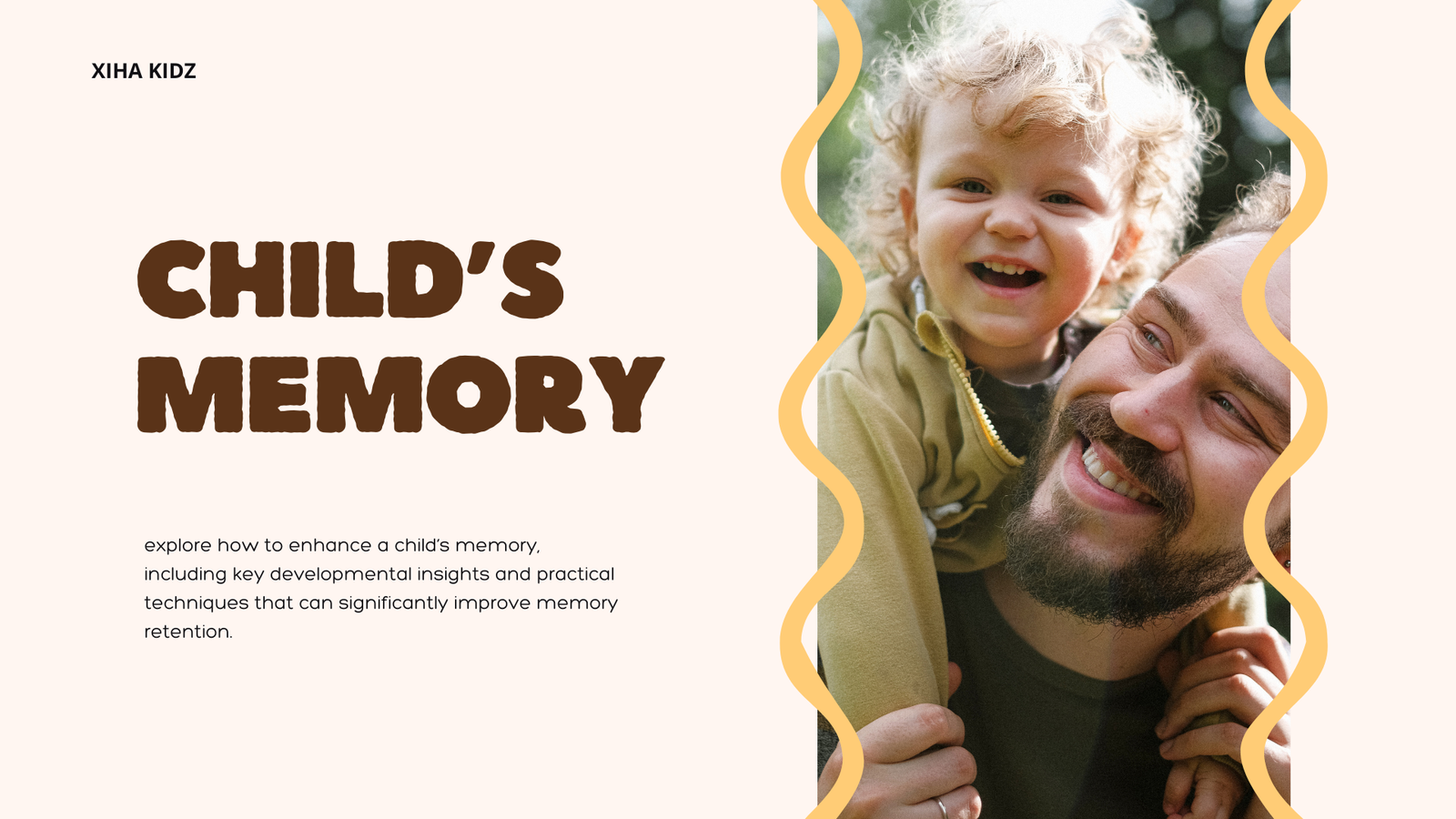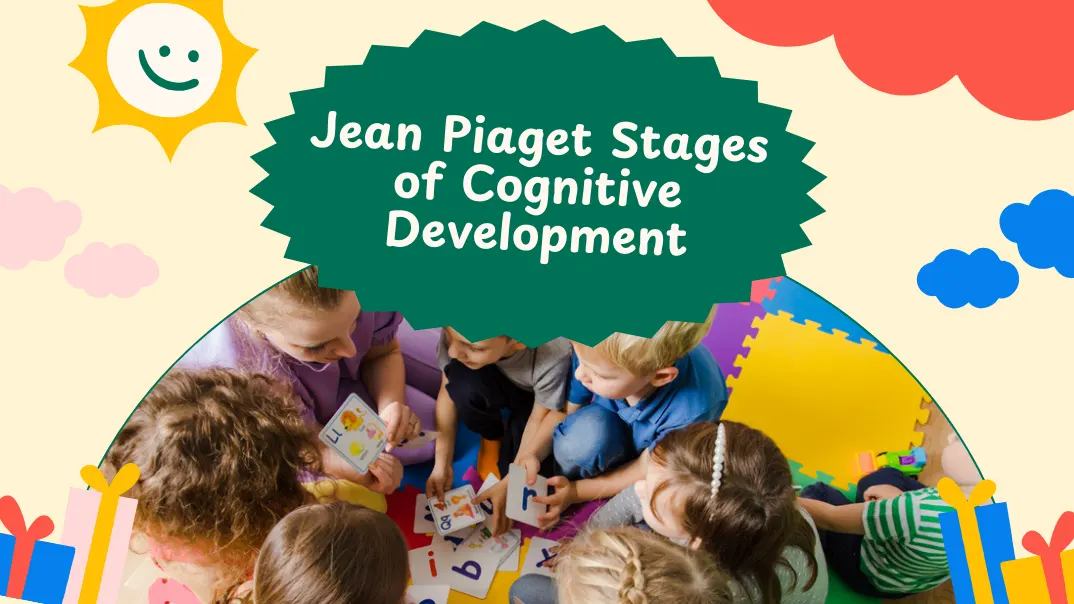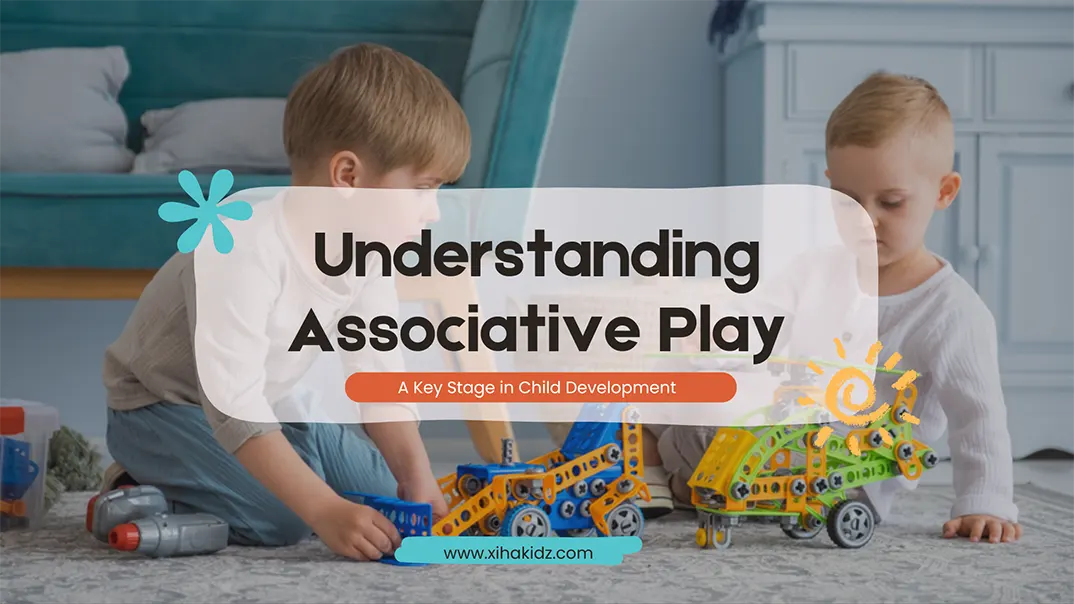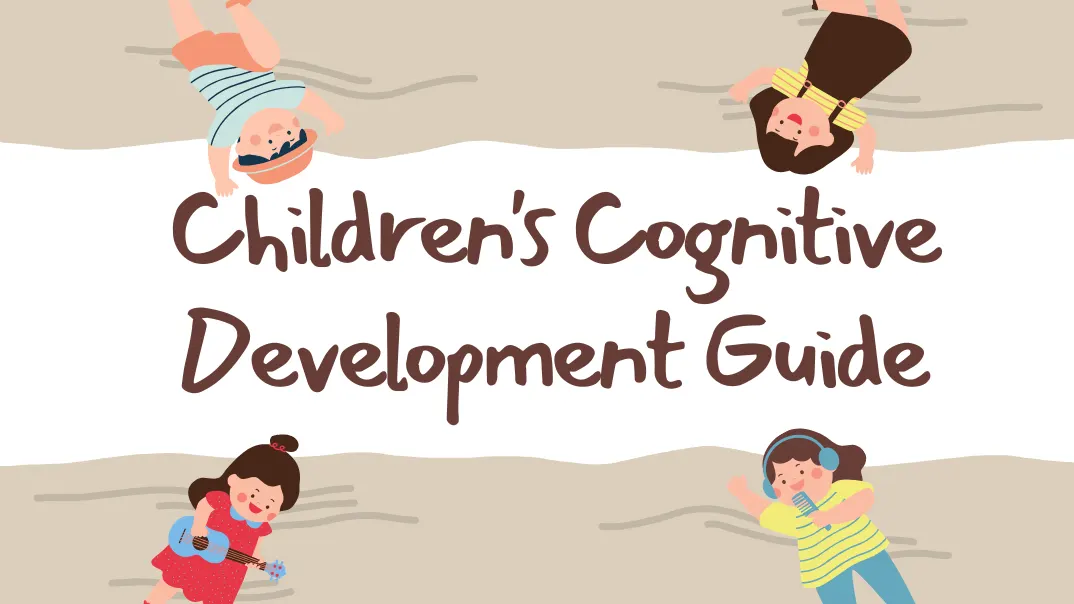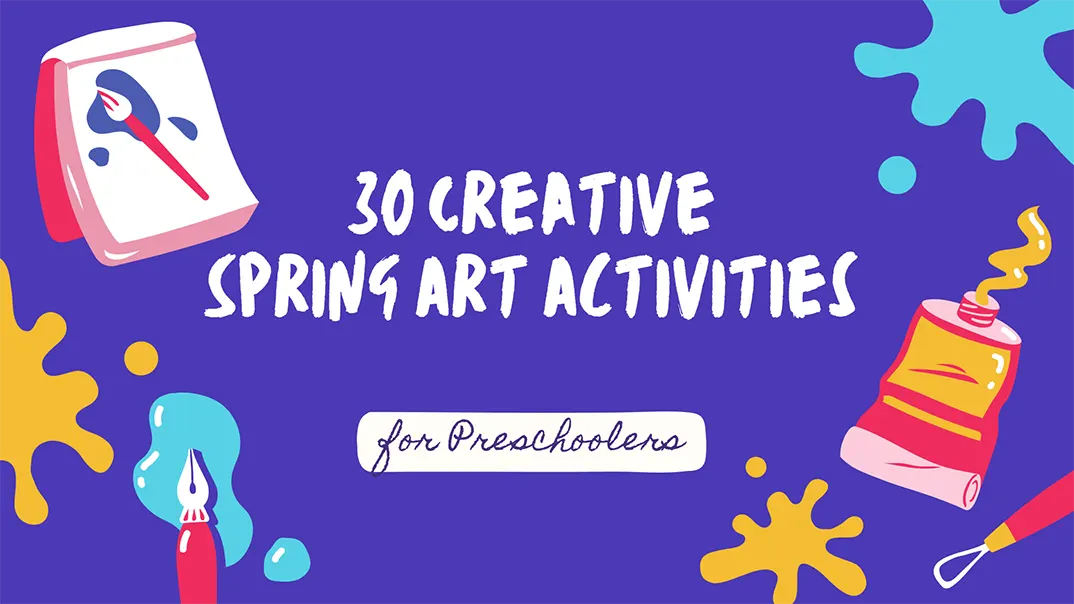Are you a parent or educator concerned about social skills for kids? Wondering what social skills entail and why they’re crucial? Curious about how to help kids develop these vital abilities? You’re in the right place.
Social skills for kids encompass communication, cooperation, empathy, and more. They’re essential for building friendships, thriving in school, and future career success. With the right tips and activities, you can actively foster a child’s social-skill development, enhancing their quality of life.
In today’s interconnected world, social skills for kids are more important. A child with well-developed social skills is better equipped to navigate the complex social landscape of school, friendships, and family relationships. They are also more likely to be confident, happy, and successful in various aspects of their lives.
What are Social Skills?
Social skills for kids are the abilities that enable individuals to interact and communicate with others effectively. They include the skills to form relationships, express emotions, show empathy, listen, collaborate, and resolve conflicts. Social skills are fundamental to building healthy relationships and thriving in social settings and essential to personal and professional growth.
Communication Skills
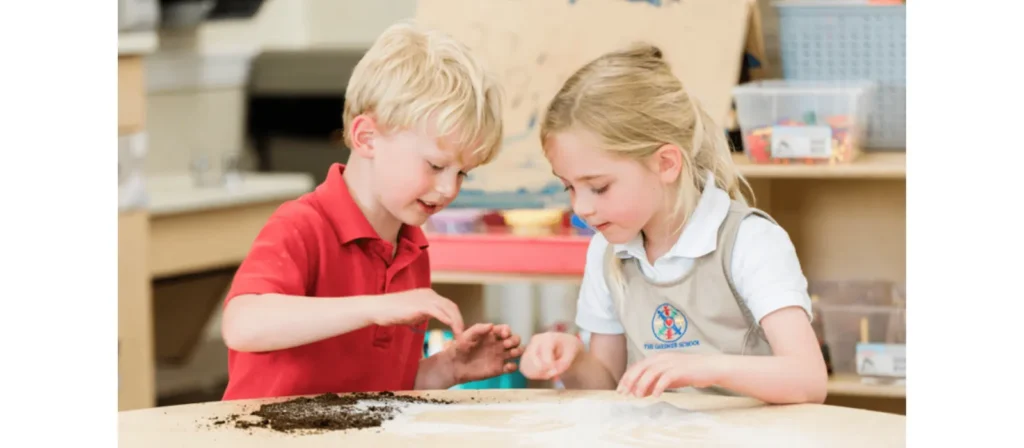
Communication is a fundamental aspect of social skills for kids. It includes both verbal and non-verbal communication. Verbal communication involves speaking, using appropriate language, and expressing thoughts and ideas coherently. This may start with simple words and phrases for young children, gradually evolving into more complex sentences as they grow. Non-verbal communication, on the other hand, includes body language, facial expressions, and eye contact. A child who can make eye contact when speaking to someone shows confidence and attentiveness, while appropriate body language can convey friendliness or interest.
Social Awareness
Social awareness is the ability to understand the social norms, expectations, and feelings of others. It allows children to recognize how their actions affect those around them. For example, a socially aware child will know that interrupting someone speaking is not polite. They can also pick up on the emotions of others, such as when a friend is sad or angry, and respond appropriately.
Social Emotional Skills
Social emotional skills are crucial components of social skills. They involve being able to recognize, understand, and manage one’s own emotions as well as being empathetic towards the emotions of others. A child with high emotional intelligence can healthily handle stress and frustration and offer support and comfort to their friends when they are going through a difficult time.
Why Are Social Skills Training Important?
Social skills are crucial for a child’s emotional, mental, and social well-being. These skills help children interact effectively with others, navigate social situations, and form meaningful relationships. Developing strong social skills for kids early on plays a key role in a child’s success in school and later life. Here are several reasons why social skills for kids are essential:
Emotional Intelligence Development
Children with strong social skills are often better at recognizing and understanding their emotions and those of others. This helps them navigate situations where emotions might run high, and they can respond appropriately rather than react impulsively.
Building Healthy Relationships
Social skills for kids form the foundation for forming and maintaining healthy, lasting relationships. Communicating effectively, showing empathy, and engaging in cooperative activities will help children build trust and connect with others, whether with family, friends, teachers, or future colleagues.
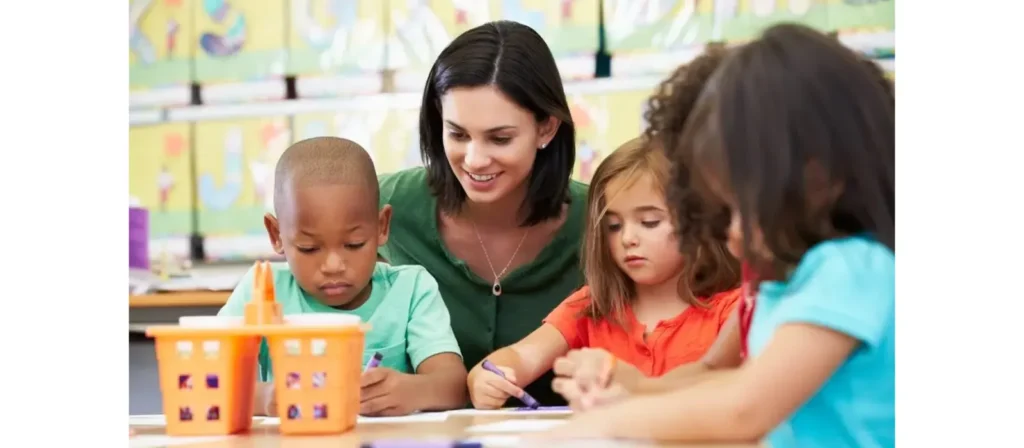
Improved Academic Success
Social skills for kids are important to build relationships with peers and adults and for academic achievement. For instance, children who can communicate effectively with teachers and peers better collaborate in group settings, ask for help, and actively participate in class. These skills often translate into improved learning outcomes.
Adapting to New Environments
Children with developed social skills are generally more adaptable in new environments, such as transitioning to a new school or participating in group activities. Their ability to interact with new people, ask questions, and express themselves helps them feel more comfortable and secure in unfamiliar situations.
Promoting Mental and Physical Well-Being
Positive social interactions have been shown to lower stress levels and promote mental health. Positive social relationships provide emotional support, which helps reduce anxiety and promote a sense of belonging. Children who experience a sense of connection are generally happier and healthier overall.
Stages of Social Skills Development in Children
Social skills development in children occurs in stages, beginning in infancy and continuing through adolescence. Early social development primarily involves engaging with caregivers, siblings, and peers. As children grow older, they become more skilled in understanding non-verbal cues, sharing, negotiating, and managing group dynamics.
- Infancy and Toddlerhood (0-3 years)
At this stage, babies start recognizing faces and develop basic social responses like smiling and eye contact. Toddlers begin to imitate others, follow simple instructions, and engage in parallel play. - Early Childhood (3-6 years)
As toddlers grow, their social skills start to become more interactive. Children start learning more complex social interactions, including sharing, taking turns, and initiating conversations. Empathy also begins to emerge during this phase. - Middle Childhood (6-12 years)
At this stage, children develop deeper friendships, understand more about social norms, and become adept at cooperating and working in teams. Their ability to resolve conflicts and express emotions becomes more sophisticated. - Adolescence (12+ years)
Adolescents refine their social skills, including forming intimate relationships and dealing with more complex emotional situations. Peer influence becomes more significant, and teens develop their identity through social interactions.
Key Factors Affecting Social Skills for Kids
Several factors contribute to how well develop social skills for kids. Understanding these factors can help caregivers and educators create a more supportive environment for social development.
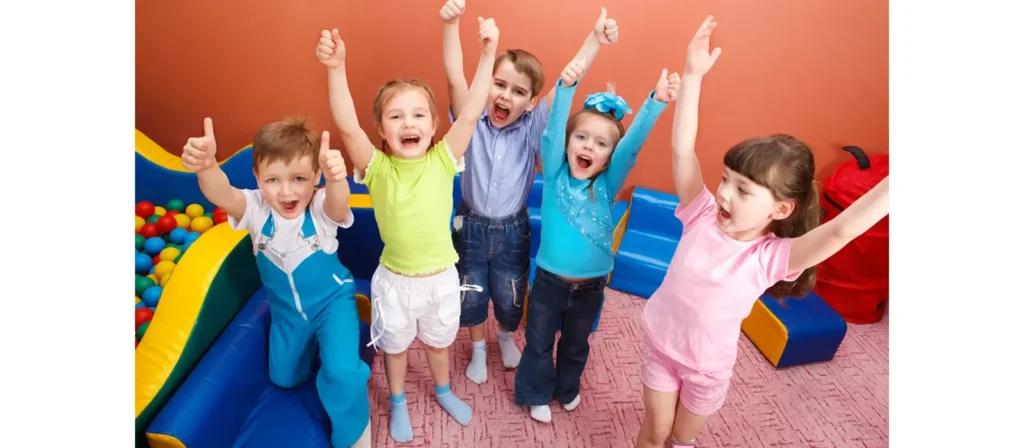
- Family Environment
Children learn much of their social behavior from their parents and caregivers. A positive, supportive family environment provides a strong foundation for social skills learning. - Peer Interactions
Peer interactions help children understand group dynamics and improve their ability to cooperate, negotiate, and resolve conflicts. The more diverse the peer group, the broader the child’s social learning. - Cultural Influences
Different cultures may have varying expectations and norms around social behavior. Cultural sensitivity helps children adapt to diverse social situations and understand others’ perspectives. - Educational Environment
Schools and daycare settings are where children learn to interact with others in structured environments. Teachers and caregivers play a crucial role in guiding children’s social development through group activities and teaching conflict resolution.
Practical Strategies for Enhancing Social Skills for Kids
Enhancing social skills for kids is a vital component of their overall development. While some children may naturally develop strong social abilities, others may need additional support and guidance. Below are several practical approaches that can significantly enhance social skills for kids:
1. Model Positive Social Behavior
Children learn by observing adults, particularly their parents, teachers, and caregivers. By modeling positive social behavior, you provide a clear example of interacting respectfully and effectively with others. This includes demonstrating good manners, active listening, and expressing empathy, all of which are key components of social skills for kids.
2. Encourage Play with Peers
Play is a natural way for children to develop and practice social skills. Encouraging play with peers allows children to learn cooperation, negotiation, and managing conflicts. Whether through organized team sports or casual playdates, providing opportunities for children to interact with their peers helps them build and refine essential social skills for kids.
3. Teach Conflict Resolution Skills
Conflicts are inevitable in social interactions, and learning how to handle disagreements constructively is a critical aspect of social skills for kids. Teaching children how to resolve conflicts peacefully—whether by taking turns, compromising, or using calm communication—ensures that they develop the ability to navigate challenging social situations and maintain healthy relationships.
4. Encourage Empathy and Perspective-Taking
Empathy is one of the most important social skills for kids. Helping children learn to understand and share the feelings of others builds strong social bonds. Activities like role-playing, discussing emotions, and encouraging acts of kindness help children develop empathy and learn to take the perspective of others, making their social interactions more thoughtful and meaningful.
5. Use Praise and Positive Reinforcement
Positive reinforcement is a powerful tool for promoting social skills for kids. Praising children for demonstrating positive social behaviors, such as sharing or cooperating with others, helps reinforce these behaviors. It encourages them to continue practicing good social habits and boosts their confidence.
6. Teach Communication Skills
Effective communication is the foundation of strong social skills for kids. Teaching children how to express their thoughts and feelings clearly, listen attentively, and engage in meaningful conversations is essential for building healthy relationships. Promoting eye contact, turn-taking in conversations, and active listening are all part of developing communication skills that children will use throughout their lives.
20 Social Skills Activities for Preschoolers
Social skills play a vital role in a child’s development. Through engaging in social skills activities for preschoolers, kids can enhance their communication abilities, learn cooperation, resolve conflicts, express emotions, and show respect for others. Here are 20 fun and educational social skills activities to help children grow into confident, communicative individuals.
1. Role Play
Role-playing is an excellent activity to practice social skills for kids. Children can act out different social scenarios, such as greeting friends or sharing toys, to practice handling real-life interactions. Dramatic play activities help children improve their social skills and teach them how to express their emotions and manage complex social situations.
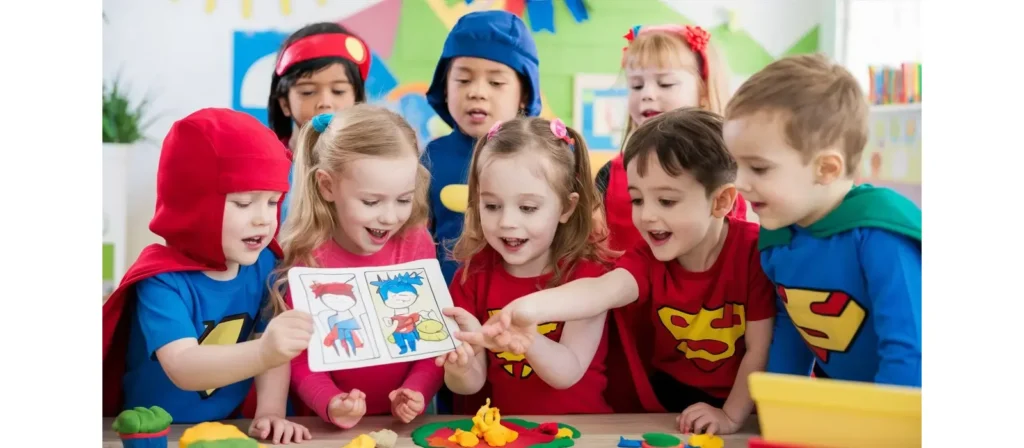
2. Board Games
Board games like checkers, chess, and others are great for encouraging social interaction among children. Children learn patience, fair play, and teamwork by taking turns and following the rules. These games also promote cooperation and help kids understand how to handle competition.

3. Group Projects
Participating in group projects gives children the chance to experience teamwork firsthand. These projects may include school assignments, crafting, or group discussions. Children learn to communicate, share responsibilities, solve problems, and cultivate a sense of responsibility and collaboration.
4. Emotion Charades
Emotion Charades is a fun game where children act out different emotions using body language, facial expressions, or voice tone while others guess the emotion. This game helps children develop emotional intelligence and empathy by understanding and expressing feelings nonverbally.
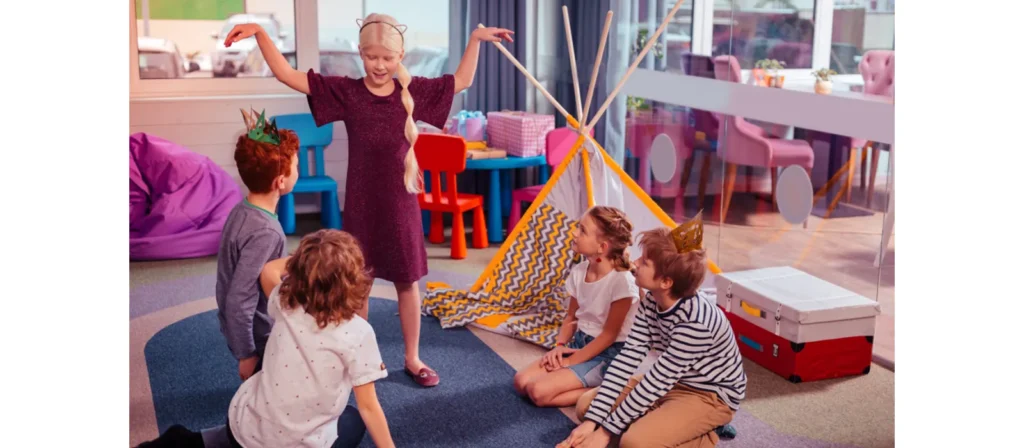
5. Storytelling
Storytelling helps children improve their verbal communication skills and teaches them how to listen. Parents or teachers can encourage children to take turns telling stories and sharing their perspectives on the story, which fosters social interaction and the understanding of others’ thoughts and feelings.
6. Compliment Sharing
In this activity, children compliment each other and recognize behaviors or qualities they admire in their peers. This boosts children’s self-esteem and teaches them to express genuine praise and appreciation, strengthening their social bonds.
7. Group Dance
Group dancing is a combination of physical activity and social interaction. Children practice dance routines together, which improves coordination and helps build trust and cooperation among peers. Dancing together encourages unity and teamwork while fostering social interaction.
8. Team Sports
Team sports like basketball, soccer, and volleyball are ideal for teaching children how to collaborate and communicate effectively. These sports promote teamwork, respect for rules, and fair competition while helping children improve their physical fitness and social interaction.

9. Craft Activities
Craft activities, such as paper folding, painting, or puzzles, allow children to be creative while working together. These activities help children develop focus, cooperation, and communication skills as they share ideas and work towards a common goal.
10. Cooking Together
Cooking is a great way for children to learn life skills while building teamwork. They can work together to prepare ingredients, follow recipes, and share tasks, helping them learn patience, communication, and sharing. The process of cooking together also fosters a sense of accomplishment.
11. Mindfulness Exercises
Mindfulness activities, such as deep breathing, sitting meditation, or relaxation techniques, can help children develop focus and emotional regulation. Teaching children how to calm down and manage their feelings is essential for improving their social skills, particularly in stressful situations.
12. Social Stories
Social stories are short narratives that illustrate social scenarios and how to handle them. Reading these stories helps children understand different social situations and the appropriate responses to them. Social stories also teach children empathy and how to consider the feelings and reactions of others.
13. Group Singing
Group singing is an excellent activity to practice social skills for kids; it brings children together in a fun and interactive way. Singing in a group enhances their musical skills and fosters a sense of community and teamwork. Participating in a group performance builds connections and strengthens social bonds.
14. Scavenger Hunt
A scavenger hunt is an exciting team activity where children work together to find hidden items or solve puzzles. This activity encourages cooperation, problem-solving, and communication. It’s a great way to develop social skills while making learning enjoyable.
15. Building Challenges
Building challenges, where children use materials like Legos or blocks, encourage creativity and teamwork. Children can collaborate to create structures, solving problems together as they build. This activity also teaches them how to listen to other’s ideas and work cooperatively to reach a common goal.
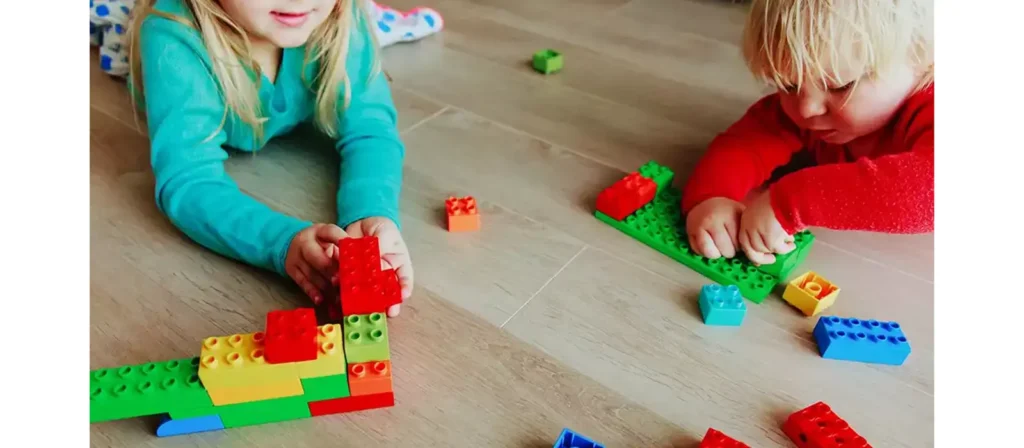
16. Volunteer Projects
Engaging children in volunteer work, such as cleaning up a park or helping an elderly neighbor, teaches them about social responsibility and empathy. Volunteer projects provide opportunities for children to work together, share tasks, and positively impact the community.
17. Outdoor Adventures
Outdoor activities like hiking, nature walks, or camping help children build teamwork skills in a natural setting. These activities encourage problem-solving, resource-sharing, and cooperation, all while allowing children to explore nature and learn about the world around them.
18. Peer Mediation
Peer mediation activities teach children how to resolve conflicts peacefully. Assigning a “peer mediator” role helps children learn how to handle disagreements, negotiate, and maintain fairness. This encourages good communication skills and conflict-resolution abilities in social settings.
19. Trust Fall
Trust fall is a classic activity that builds trust between children. In this game, one child falls backward, relying on their teammates to catch them. This activity is excellent for strengthening trust and teamwork, as it challenges children to rely on and support one another.

20. Circle Time Discussions
In circle time, children gather together to share their thoughts, feelings, or experiences. Each child takes a turn speaking while others listen. This activity promotes active listening, respect, and turn-taking. It also helps children express themselves clearly and understand others’ points of view.
Tips to Help Students with Autism Learn Social Skills
Social skills are vital for everyone, but learning and developing these skills can be especially challenging for children with autism. These children often struggle with communication, recognizing social cues, and understanding how to engage appropriately in social situations. However, these skills can be taught and practiced with the right strategies and support, leading to greater independence and success in social environments.
1. Break Down Social Skills into Manageable Steps
One of the most effective strategies for teaching social skills for kids with autism is breaking down complex skills into smaller, more manageable steps. Children with autism often find it easier to understand and retain social behaviors when they are taught incrementally. For instance, teaching how to greet someone might involve several steps:
- Smiling
- Making eye contact
- Saying “hello”
- Using the person’s name
2. Incorporate Visual Supports
Children with autism are often visual learners, so incorporating visual supports into social skills training can be particularly beneficial. Visual aids like charts, diagrams, and even videos can help reinforce the lessons being taught. For example, a chart with pictures showing the correct sequence of behaviors for a social interaction (e.g., greeting someone, asking about their day, and saying goodbye) can be an effective tool for teaching social skills for kids.
3. Create Structured Social Opportunities
Children with autism may find unstructured social situations overwhelming or confusing. To help them build their social skills for kids, it’s important to create structured social opportunities that are predictable and low-stress. For example, you might organize a small group activity where each child has a specific role or task, such as sharing a toy or leading a game. By practicing in a structured setting, children can gain confidence in their ability to engage socially.
Conclusion
Enhancing social skills for kids is an ongoing, intentional process that requires patience, practice, and support. Using these strategies, parents, educators, and caregivers can help children build a strong foundation of social skills that will serve them well throughout their lives. Children can develop the empathy, communication, and cooperation skills necessary to form lasting relationships, easily navigate social situations, and thrive in various settings with guidance and encouragement.
Discover Our Full Range of Products
Get access to our comprehensive catalog featuring top-quality furniture and play equipment for kindergartens and schools.


